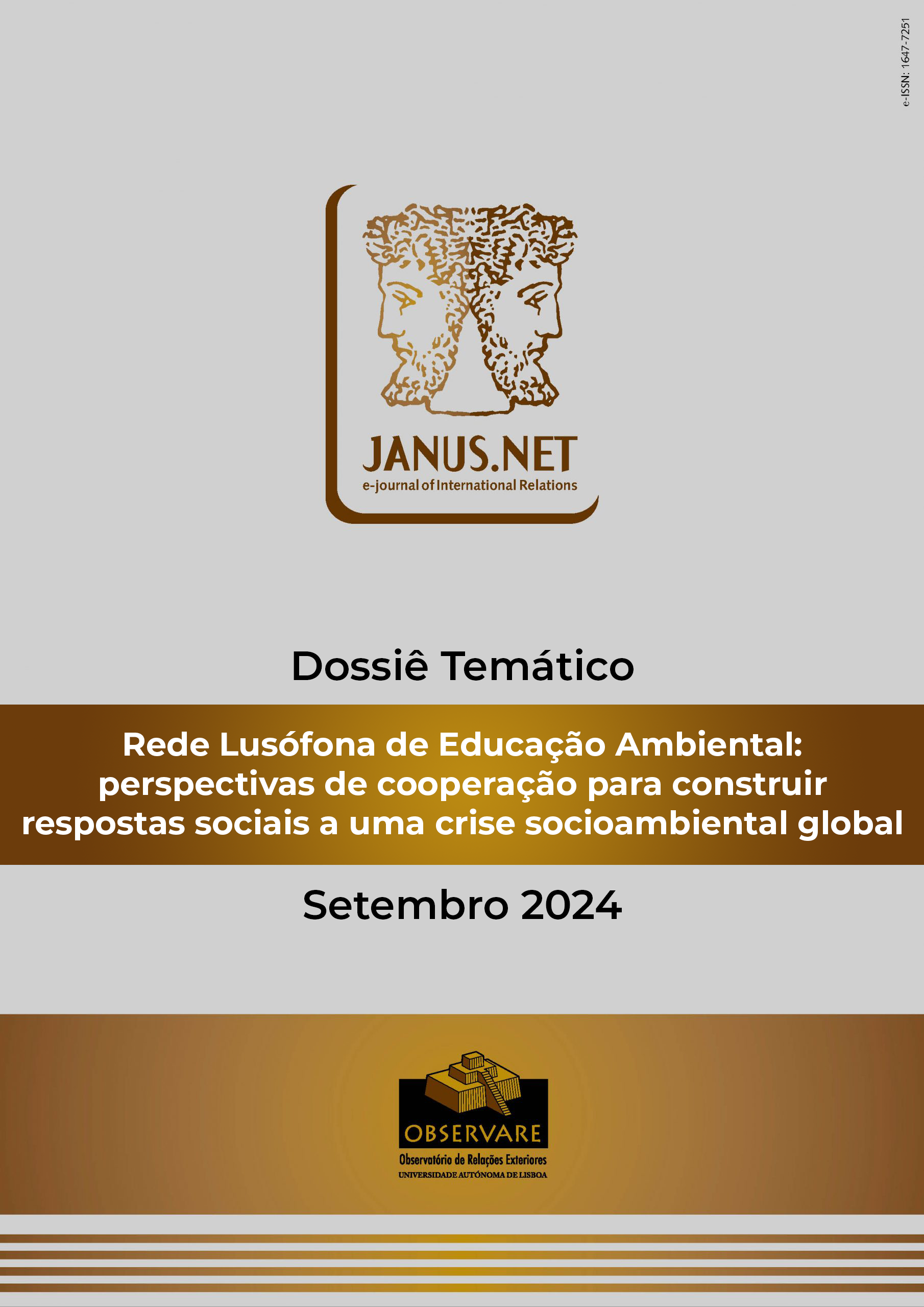CULTURAL MAPPING AS A TOOL FOR ENVIRONMENTAL EDUCATION IN COASTAL AREAS
DOI:
https://doi.org/10.26619/1647-7251.DT0224.4Palavras-chave:
Cartografia Cultural, Educação Ambiental, Zonas Costeiras, Sustentabilidade Local, Conhecimento Espacial LocalResumo
Este artigo investiga como a cartografia cultural pode fortalecer a educação ambiental nas zonas costeiras de Portugal, destacando a sua relevância para a compreensão das interações entre as comunidades locais e as paisagens costeiras e para o desenvolvimento de estratégias sustentáveis de conservação e gestão ambiental. A praxis crítica desenvolvida na investigação, no ativismo e até em posições políticas tem tentado enfatizar a importância das construções coletivas para um futuro sustentável. A abordagem de mapeamento cultural apresenta uma perspetiva teórica e metodológica crítica e um potencial transformador significativo na busca de uma virada sócio-ecológica-cultural em direção à sustentabilidade local. Para explicar e debater estes pressupostos, este ensaio analisa a evolução urbana ao longo da costa portuguesa, examinando os contextos históricos e os desafios na gestão dos territórios costeiros. Destaca a cartografia cultural como uma abordagem valiosa para integrar o conhecimento local e promover a colaboração entre diferentes contextos culturais. O estudo sugere que a cartografia cultural aumenta a relevância e a ressonância dos projetos de educação ambiental nas comunidades, contribuindo assim para os objetivos locais de desenvolvimento sustentável. Discute-se a justificação para a adoção do termo "cartografia cultural", salientando o movimento crítico da ciência geográfica para a produção de mapas e a sua interpretação da cultura neste contexto. O manuscrito também apresenta e discute projetos de investigação que utilizam a cartografia cultural como pedagogia ativa e crítica e explora o seu potencial para a educação ambiental. Finalmente, o mapeamento cultural é retratado como uma abordagem de investigação interdisciplinar e transcultural que emprega ferramentas metodológicas críticas para a Educação Ambiental Costeira.


